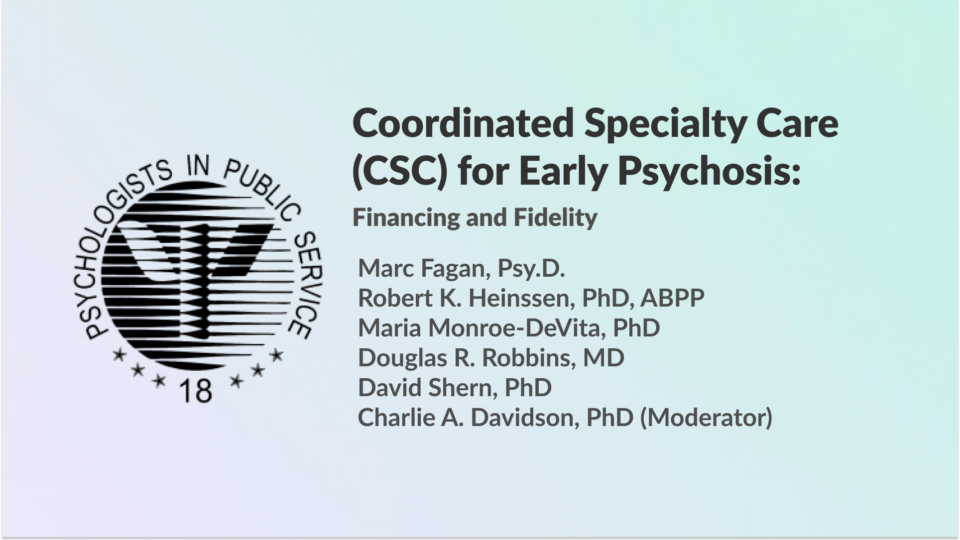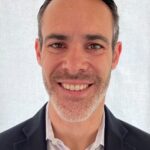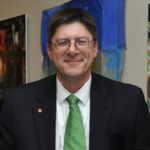Coordinated Specialty Care (CSC) for Early Psychosis:

Coordinated Specialty Care (CSC) for Early Psychosis:
Financing and Fidelity

Recorded On
-
-
Location
-
On DemandSessions will be available On-Demand
In this workshop, the panelists will discuss recent changes in policy and financing strategies as well as future directions for Coordinated Specialty Care (CSC) for First Episode Psychosis (FEP). We will also review the evidence base for CSC and discuss how it is being implemented. This workshop will cover fidelity and the impact assessed in different contexts.
- • Psychologists
- • Counselors
- • Addiction Counselors
- • Social Workers
- • Licensed Marriage and Family Therapists
The educational goal of this workshop is to increase knowledge about CSC financing and fidelity.
At the end of this course, participants will be able to:
-
Identify at least one barrier to appropriately funding the evidence-based practice of Coordinated Specialty Care (CSC).
-
Describe the difference between the team-based HCPCS billing code and typical fee-for-service billing approaches.
-
Name at least one barrier to fidelity in CSC implementation.
-
Identify at least one way in which psychologists can contribute professionally and/or as advocates for CSC and the people it serves.
-
Bao, Y., Papp, M. A., Lee, R., Shern, D., & Dixon, L. B. (2021). Financing Early Psychosis Intervention Programs: Provider Organization Perspectives. Psychiatric services (Washington, D.C.), 72(10), 1134–1138. https://doi.org/10.1176/appi.ps.202000710
-
Correll, C. U., Galling, B., Pawar, A., Krivko, A., Bonetto, C., Ruggeri, M., Craig, T. J., Nordentoft, M., Srihari, V. H., Guloksuz, S., Hui, C. L. M., Chen, E. Y. H., Valencia, M., Juarez, F., Robinson, D. G., Schooler, N. R., Brunette, M. F., Mueser, K. T., Rosenheck, R. A., Marcy, P., … Kane, J. M. (2018). Comparison of Early Intervention Services vs Treatment as Usual for Early-Phase Psychosis: A Systematic Review, Meta-analysis, and Meta-regression. JAMA psychiatry, 75(6), 555–565. https://doi.org/10.1001/jamapsychiatry.2018.0623
-
Heinssen, R. K., & Azrin, S. T. (2022). A National Learning Health Experiment in Early Psychosis Research and Care. Psychiatric services (Washington, D.C.), 73(9), 962–964. https://doi.org/10.1176/appi.ps.20220153
-
Hirschtritt, M. E., Staglin, B., Buttlaire, S., Ahearn, K., Oglesby, S., Dixon, L. B., Shern, D., Ewing, T., & Niendam, T. A. (2024). Reimbursement for a Broader Array of Services in Coordinated Specialty Care for Early Psychosis. Psychiatric services (Washington, D.C.), appips20230551. Advance online publication. https://doi.org/10.1176/appi.ps.20230551
-
Smith, T. E., Kurk, M., Sawhney, R., Bao, Y., Nossel, I., Cohen, D. E., & Dixon, L. B. (2019). Estimated Staff Time Effort, Costs, and Medicaid Revenues for Coordinated Specialty Care Clinics Serving Clients With First-Episode Psychosis. Psychiatric services (Washington, D.C.), 70(5), 425–427. https://doi.org/10.1176/appi.ps.201900039
-
Substance Abuse and Mental Health Services Administration (2023). Coordinated Specialty Care for First Episode Psychosis: Costs and Financing Strategies. HHS Publication No. PEP23-01-00-003. https://store.samhsa.gov/sites/default/files/pep23-01-00-003.pdf
TPN.health is approved by the American Psychological Association to sponsor continuing education for psychologists. TPN.health maintains responsibility for this program and its content.
TPN.health has been approved by NBCC as an Approved Continuing Education Provider, ACEP No. 7267. Programs that do not qualify for NBCC credit are clearly identified. TPN.health is solely responsible for all aspects of the programs.
Course meets the qualifications for hours of continuing education credit for LPCCs as required by the California Board of Behavioral Sciences. TPN.health is approved by the California Association of Marriage and Family Therapists to sponsor continuing education for LPCCs. TPN.health maintains responsibility for this program/course and its content.
Trusted Provider Network, LLC is recognized by the New York State Education Department’s State Board for Mental Health Practitioners as an approved provider of continuing education for licensed mental health counselors. #MHC-0220.
This course has been approved by TPN.health, as a NAADAC Approved Education Provider, for educational credits. NAADAC Provider #198061, TPN.health is responsible for all aspects of the programming. Counselor Skill Group: Legal, Ethical and Professional Development.
TPN.health, #1766, is approved to offer social work continuing education by the Association of Social Work Boards (ASWB) Approved Continuing Education (ACE) program. Organizations, not individual courses, are approved as ACE providers. State and provincial regulatory boards have the final authority to determine whether an individual course may be accepted for continuing education credit. TPN.health maintains responsibility for this course. ACE provider approval period: 03/31/2022 – 03/31/2025. Social workers completing this course receive 1.5 continuing education credits.
Course meets the qualifications for hours of continuing education credit for LCSWs as required by the California Board of Behavioral Sciences. TPN.health is approved by the California Association of Marriage and Family Therapists to sponsor continuing education for LCSWs. TPN.health maintains responsibility for this program/course and its content.
Trusted Provider Network, LLC is recognized by the New York State Education Department’s State Board for Social Work as an approved provider of continuing education for licensed social workers #SW-0654.
Course meets the qualifications for hours of continuing education credit for LCSWs as required by the California Board of Behavioral Sciences. TPN.health is approved by the California Association of Marriage and Family Therapists to sponsor continuing education for LMFTs. TPN.health maintains responsibility for this program/course and its content.
Trusted Provider Network, LLC is recognized by the New York State Education Department’s State Board for Mental Health Practitioners as an approved provider of continuing education for licensed marriage and family therapists #MFT-0097.
-
Waiting Room Opens
-
Workshop Begins
-
Workshop Ends







